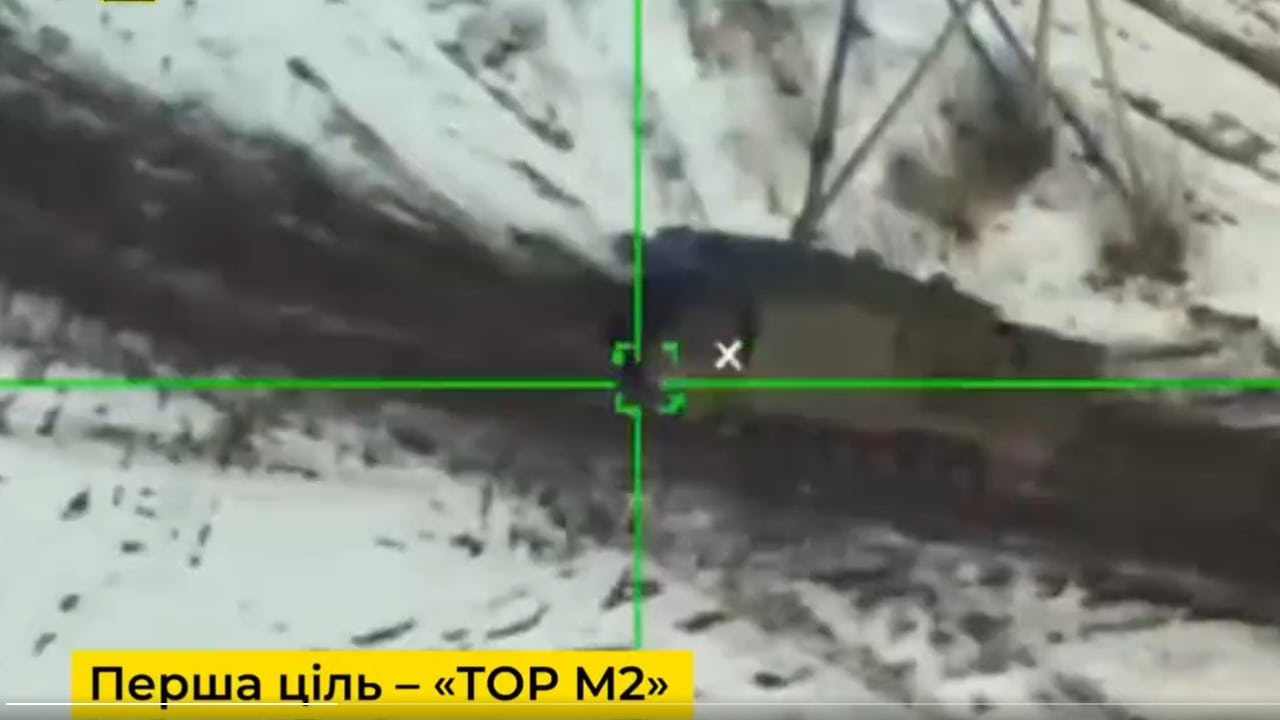For weeks, Russian forces have been attempting to fortify the Zaporizhzhia region in Southern Ukraine in anticipation of a planned Ukrainian counteroffensive. This includes the construction of a defensive line that stretches continuously across a 45-mile length of occupied territory.
Whether this mega-trench, the so-called Putin Line, will be enough to stop Kyiv’s forces remains unclear, but already the Kremlin has faced a setback. There were reports last week that the trench line unearthed a burial site for cattle, and as a result some Russian soldiers contracted anthrax.
The unit was ordered to immediately quarantine, while two soldiers were admitted to a hospital in the occupied city of Melitopol.
Despite that fact, the digging of trenches and the building of fortifications has continued.
Increased Defense
According to the latest intelligence update from the UK’s Ministry of Defense, Russian forces since last summer have built some of the most extensive systems of military defensive works seen anywhere in the world for many decades.
Notably, the trenches and other fortifications aren’t just in the territory of Ukraine that Russia seized when it invaded last year.
“These defenses are not just near the current front lines, but have also been dug deep inside areas Russia currently controls,” the Ministry noted in a post to Twitter via its official account, @DefenceHQ.
Recent satellite imagery showed Russia had made a particular effort to fortify the northern border of occupied Crimea, including a multi-layered defensive zone near the village of Medvedevka. Moreover, “Russia has also dug hundreds of miles of trenches well inside internationally recognised Russian territory including in the Belgorod and Kursk regions,” according to the Ministry.
Actual Fear or Propaganda Initiative
The fact that the Kremlin is fortifying positions could show that Moscow worries about a major Ukrainian breakthrough.
It could also be mere propaganda.
“Some works have likely been ordered by local commanders and civil leaders in attempts to promote the official narrative that Russia is ‘threatened’ by Ukraine and NATO,” the Ministry suggested.
New False Flag?
The Kremlin had been laying the groundwork for a false flag even before it launched its invasion. In January 2022, the U.S. Embassy in Georgia noted that Russia has used such tactics to portray itself and its partners as victims, to evade responsibility, to sow confusion, and to create a pretext for war.
It was just last summer that Russia warned Ukraine could deploy a dirty bomb, a warning Western observers have said could be a pretext for Moscow’s use of nuclear weapons.
Building defensive positions in its own territories could be the latest effort to convince the population that Russia’s security is being threatened, and that it isn’t, in fact, the aggressor in Ukraine.
However, it could be risky for a couple of reasons.
First, it could waste resources, as there is absolutely no indication that Ukraine or NATO has any intention of invading Russia. Second, given that anthrax has been a serious problem — not to mention all types of hazardous materials were likely buried during the Soviet era — it is never a good idea to dig at random in Russia.
MORE: Why Putin Fears the M1 Abrams Tank
MORE: I Went to War in the Leopard 2 Tank Ukraine Wants
Author Experience and Expertise: A Senior Editor for 19FortyFive, Peter Suciu is a Michigan-based writer. He has contributed to more than four dozen magazines, newspapers, and websites with over 3,200 published pieces over a twenty-year career in journalism. He regularly writes about military hardware, firearms history, cybersecurity, politics, and international affairs. Peter is also a Contributing Writer for Forbes and Clearance Jobs. You can follow him on Twitter: @PeterSuciu.

